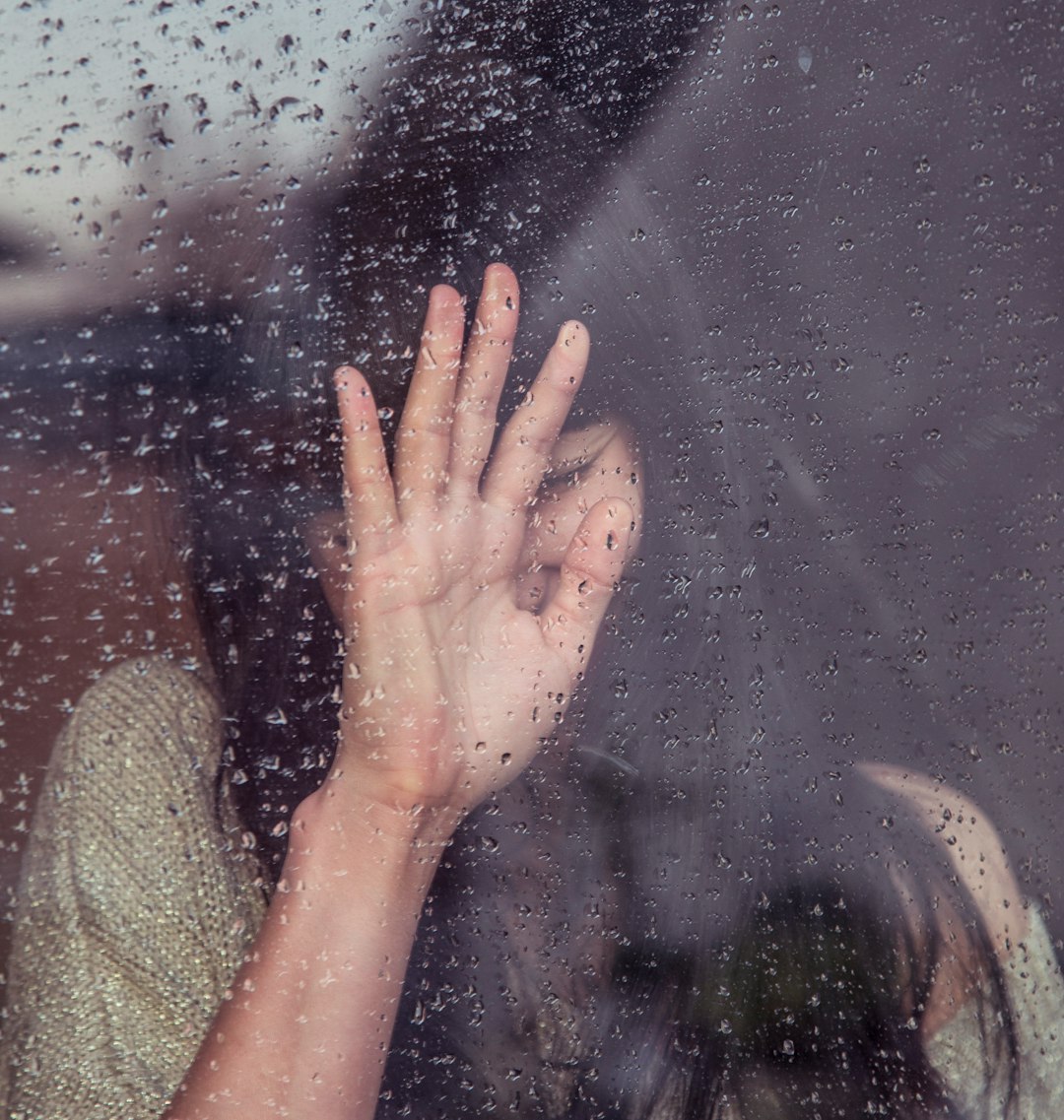All Nonfiction
- Bullying
- Books
- Academic
- Author Interviews
- Celebrity interviews
- College Articles
- College Essays
- Educator of the Year
- Heroes
- Interviews
- Memoir
- Personal Experience
- Sports
- Travel & Culture
All Opinions
- Bullying
- Current Events / Politics
- Discrimination
- Drugs / Alcohol / Smoking
- Entertainment / Celebrities
- Environment
- Love / Relationships
- Movies / Music / TV
- Pop Culture / Trends
- School / College
- Social Issues / Civics
- Spirituality / Religion
- Sports / Hobbies
All Hot Topics
- Bullying
- Community Service
- Environment
- Health
- Letters to the Editor
- Pride & Prejudice
- What Matters
- Back
Summer Guide
- Program Links
- Program Reviews
- Back
College Guide
- College Links
- College Reviews
- College Essays
- College Articles
- Back
We Don't Need This Education
We Don’t Need This Education
A Plea for Reform
Young people today are suffering. No, it isn’t because we are weaker, it is because the adults today refuse to evolve the education system to match the requirements of the modern world. One would think that the rising rates of suicide, the increase in mass school shootings, and or the mental health crisis would alarm people into re-evaluating how and what young people are being taught at school; but sadly that is not the case. We continue to learn about the Scarlet Letter and definitions of irrelevant words while the needs of the hour---mental and emotional coping skills--go unaddressed.
Teens around the world were already struggling with their mental health prior to the onset of the COVID-19 pandemic with one in five children ages 13-18 living with a mental health condition. According to the Center for Disease Control, more than 1 in 3 high school students had experienced persistent feelings of sadness or hopelessness in 2019, a 40 percent increase since 2009. And while there are people who are trying to address mental health treatment, not enough people are considering prevention.
While classes on coding, digital art, and geopolitics have been included, most schools still do not have a comprehensive curriculum for emotional and mental health. Schools and colleges are also not adjusting the academic requirements with high school students spending most of their waking hours outside of school on their laptops studying and doing homework or preparing for exams.
When a young person brings these arguments up, most adults are dismissive and call us, Gen Z’s fragile. They quickly then quote things like ‘good times make weak people and weak people make bad times and bad times make strong people’ shaming us for having the comforts of the ‘good times.’
So let me ask all the adults who call us fragile:
If you know that social media is here to stay, and you also know that high use of social media use is detrimental to a young person’s mental health, then why is it that schools are not actively engaging students in learning about how to live a healthy and balanced life in the digital age?
If you know that teens need sleep for good mental health, and you also know that 50% of all mental health issues arise by the age of 14, then why is it that the schools insist on starting at 7am?
If you know that suicide is one of the leading causes of death for young people, and you know that the pressure to get into colleges has never been higher, why is it that schools are not equipping them with life skills, coping skills, social skills with the same intensity as they advise them to take more APs and build their college CV?
If you know that emotional intelligence is one of the most important skills for the future, and that social and emotional skills are compromised with screen time, why is it that schools expect a good student to study 7-8 hours to be successful?
The truth is that teachers and parents are failing young people. No one has the courage to reform an education system that is pre-industrial revolution. No one is listening to the suffering of young people. The pressure continues to increase, colleges become increasingly competitive and one dimensional in their selection process, young people continue to be traumatized as we are exposed to one virtual traumatic event after another. And even those of us who are not on social media are surrounded by those who are so there is no escaping it.
So, before the adults tell me about the difficulties of their childhood—I would like them to consider that they did not have the pressures that young people have today. They were not expected to take college level courses in high school. They were not expected to live their summers from elementary school onwards building their college CV. And they were not exposed to real time footage of war zones, real time murders such as the one of George Floyd, real time effects of climate change, real time traumatic global events. They were not bullied in their bedrooms, nor did they have access to millions of images on a daily basis to mess with their self-esteem and their body image. I would also like them to consider if they themselves are happy in their own lives that they expect us to aspire to live.
Everything that is happening in the world right now is happening to us, not in a theoretical-far-away-distant-kind-of-way but to us real time in our homes through our screens, and all the while we are supposed to be a well-rounded, emotionally intelligent, socially committed, extra-curricular star, A-student who will solve all the world's problems that we have inherited from our parents and grandparents.
Do I have this right?
Similar Articles
JOIN THE DISCUSSION
This article has 0 comments.


I wish our education system nurtured our intellectual curiosity and our love for learning.